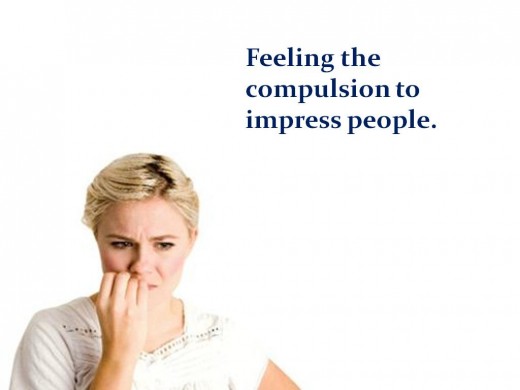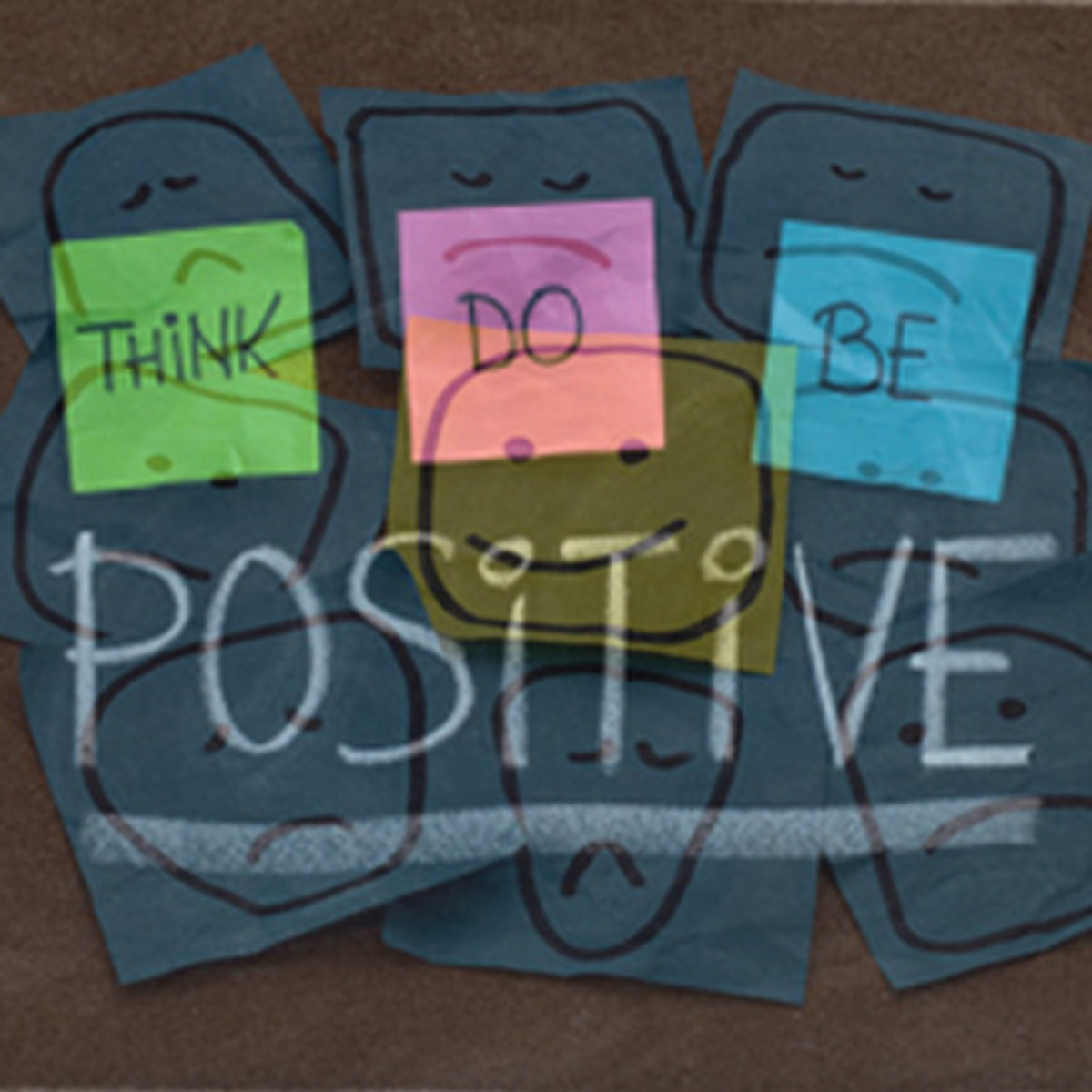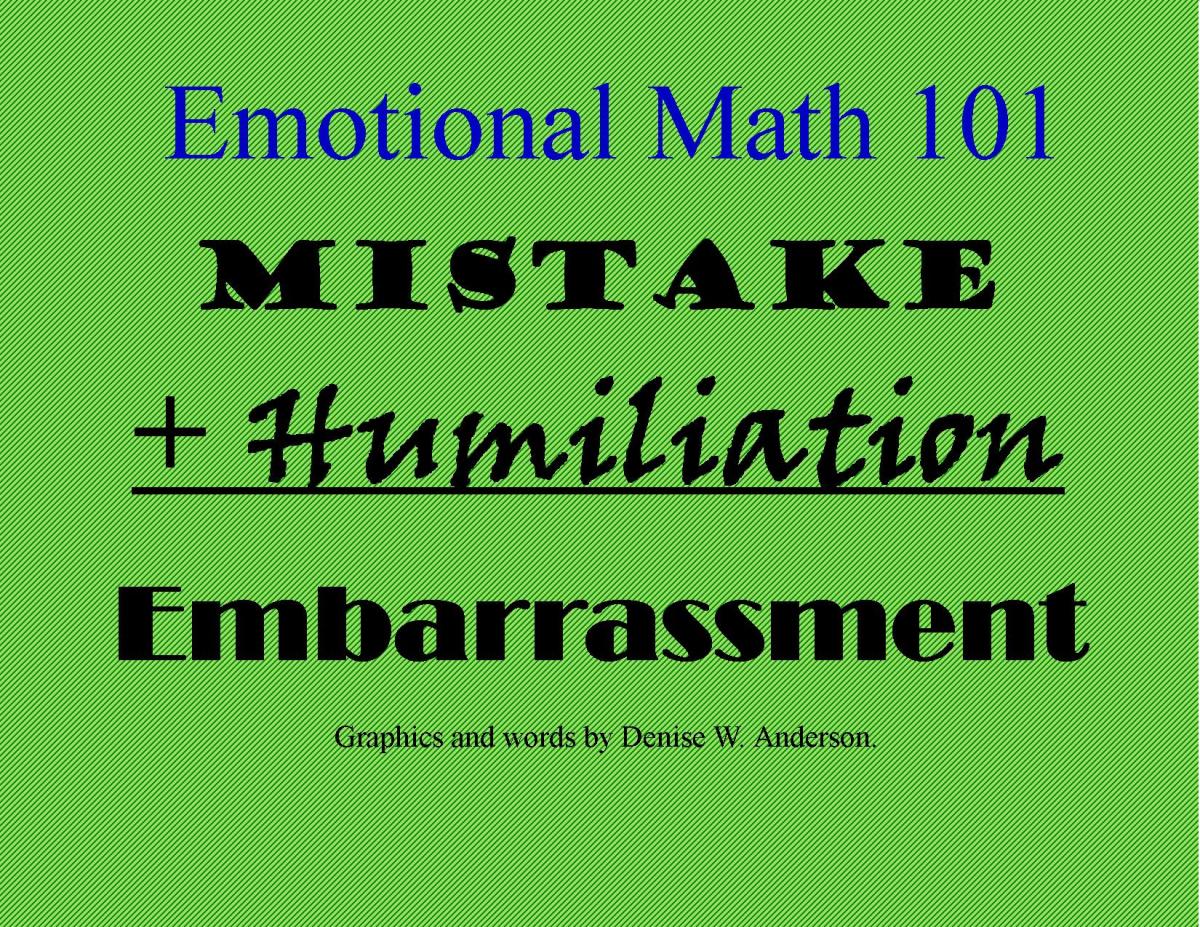How to Actually be Positive?
The most common advice that you hear these days is, ‘be positive.’ Whenever you feel bogged down due to any reason, be it a startling discovery in your routine medical exam or a sudden cut in salary due to ‘non-achievement of the key performance indicators’ or maybe you are apprehensive about the outcome of your presentation, the most familiar recommendation you will get is’ ‘be positive.’ But does anyone ever tell you how to be positive? A positive attitude is not something you can go to a supermarket and get for a few bucks. ‘Give me a $50 worth of positive attitude.’ No, it doesn't work that way. You have to inculcate it in your life. We have to understand its various components, identify the various opportunities where we can use it and then slowly infuse it in our everyday behaviour.
In this section I will give you 11 very practical steps that will work effectively for you when used consistently. These are the eleven bad habits that you have to subtract from your life to transform your attitude into positive attitude. This tool of achieving a positive attitude is called ‘Minus Negative traits Approach.’
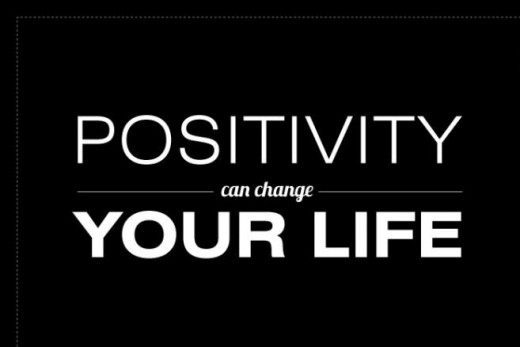
The eleven things that you have to subtract from your life for a definite transformation are:
- Complaining: We are always complaining about one thing or the other in life, completely forgetting what we have and continuously complaining about what we don’t have. The best thing to do here is to enjoy what you have while carefully planning your action to achieve what you don’t have.
- Indifference: The dictionary meaning of this word is ‘lack of interest, concern, or sympathy.’ But it becomes most hazardous when people start showing indifference towards opportunities. You will find an awful lot of people who lead a life of complacence. Then again, if you are making only as much effort as your neighbor or your colleague, how can you dream of a comparatively better life than them. In my training sessions I have found that each and every participant wants an exceptionally successful life, but more often than not, almost none of them are running that extra mile for it. Identify those small elusive windows of opportunity and grab them. Do not let them slip by. Do not live a life of indifference.
Do you agree that positivity in life can be achieved with the help of tools and techniques?
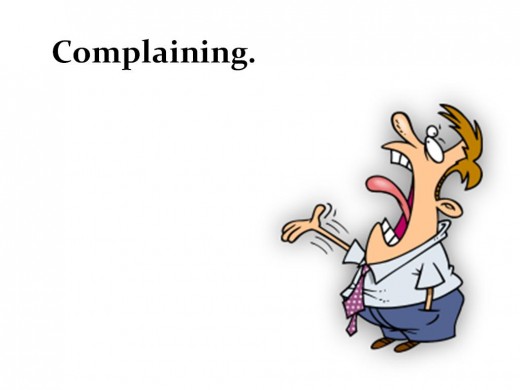
3. Casting doubt on everything: Life sometimes shows us very rough times. When that happens repeatedly, we start doubting everything, every person and every opportunity. This is a big fat negative trait. If you have it, subtract it from your life. In the words of William Shakespeare, ‘Our doubts are traitors, and make us lose the good we oft might win, by fearing to attempt.’
4. Paranoia: When the previous habit i.e. ‘Casting doubt on everything’ is not given up, it might manifest itself as paranoia which might lead to a very negative state of mind and cause a lot of mental turbulence. One might experience serious trust issues. What we must look out for, is falling into the downward spiral of faithlessness and distrust.
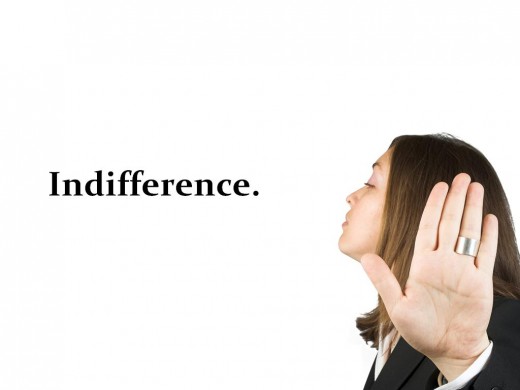
5. Over pessimism: Continuous failures in life can change a person in many ways. One form they might take is, over pessimism. It is a continuous state of mind where a person develops a chronic habit of looking at the dark side of every event, person, place or effort. He develops the tendency to anticipate only the bad effects of everything. Thoughts like, ‘No one can have a life worse than mine’ and ‘Why me?’ start to make their permanent place in the person’s head. But then again, as a Persian proverb states, ‘I complained that I had no shoes until I met a man who had no feet.’ Chilling, isn’t it?
6. Being over cautious: J.K. Rowling is one of my favorite people on the planet. She rose from scratch to one of the most influential women on the planet. Full of boundless creativity and an unmatched skill of storytelling. In her own words, ‘It is impossible to live without failing at something, unless you live so cautiously that you might as well not have lived at all; in which case you fail by default.’ J.K. Rowling gets it. Most of us are too afraid to leave there comfort zones and try anything new. Also, the constant fear of failure grips us and creates such mental blocks in our minds that we do not even take the first step. This is another negative trait that needs to be worked upon. Subtract it from your life to be more positive.
7. Indecisiveness: Indecisiveness or indecision will always keep you from reaching greatness. It wastes everyone’s time. Just think for once, what if a Special Forces commanding officer is indecisive? What if a CEO of a leading brand gets into frequent bouts of indecision? Indecisiveness occurs when a person is unwilling to take a risk of making a decision because he finds himself incapable of owning his mistakes. Once a person gets into the habit of taking onus and responsibility of his mistakes, making decisions becomes simpler. According to Richard J. Leider, ‘We cannot live with numbing indecision because indecision drains our life energy.’
8. Worrying too much: Most of us have inculcated a nasty habit of worrying too much over too little, all the time which has a very wicked effect on us called ‘Paralysis by Analysis.’ The term means that over analysis of things that are petty and need not be given too much attention, causes a certain kind of action related paralysis in which we are not able to take action on even the high priority things. The reason is that our brain is preoccupied by those silly things that need not be bothered for. The story of ‘The frog and the scorpion,’ lays it down ever so clearly. Once a frog met a scorpion on a crossroad. After the general greetings the frog confessed, ‘I have always wondered, how you and everyone in your community with eight legs decide which leg to pick first to start walking.’ The scorpion replied calmly’ ‘Why are you asking that question, you have legs too and walk too, so why this query?’ The clever frog rephrased the issue, ‘I have just four legs, half in number than you have, out of which I mostly use just the hind legs and I jump all the way through. But how do you decide which leg to move first out of all the eight of them?’ Now the scorpion was in a fix. He really started to think about the question posed by the ‘wise’ frog. He looked at his all eight legs and found that he actually never thought about it. Which leg did he pick up first? Now, he tried to walk, stumbled and fell. Seeing the fine mess of things that he had made, the frog hopped away in contentment, happily blessing his wits. The scorpion never walked again. A classic fable describing ‘paralysis by analysis.’ The scorpion started worrying about something that was not worth a thought. And with a mind full of the proverbial blocks, fell into a paralysis of sorts. Worrying too much is a very negative trait and needs to be subtracted from your life immediately.
9. Feeling the compulsion to impress everyone: This negative trait stems from Enosiophobia or the fear of criticism. Due to this kind of fear some people develop the habit of trying extremely hard to impress every single person in front of them. It a mammoth wastage of time. No one can impress everyone in this world and one should not even feel the need to do it. It’s a given that in a group of ten people, more often than not, at least two would disagree. This feeling of compulsion to impress ‘em all sets off a series of negative chain reaction. People start lying to accomplish this goal which traps the liar in a downward spiral. The best thing to do is to learn to let go.
10. Loss of gratitude: How much effort do the words ‘thank you’ or ‘thank you so much’ take? Simple gratitude goes a long way. By showing gratitude, you are actually showing respect to the effort done by the other person. You have to give respect to get respect.
11. Thinking about the WHYs rather than the HOWs: most of the time as soon as something goes wrong, our first question is, ‘Why did this happen?’ we are in a habit of thinking that way because maybe our elders or parents or even teachers used to do that. We saw and we learned. But the actual question that we should have asked is, ‘How did this happen?’ This is the language of a responsible person.
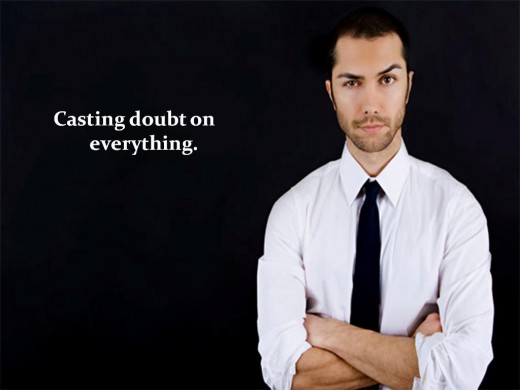
The one who take onus of his mistakes even if his part in the mistake was just 1%. By asking the question described above, you start asking yourself, what made you make the mistake that led to that event. That’s the right way to go about it. By bringing about this small change, you can have a profound effect in your life. Your previous mistakes will provide you with valuable lessons for your future and each lesson learnt has a power to transform your life.
